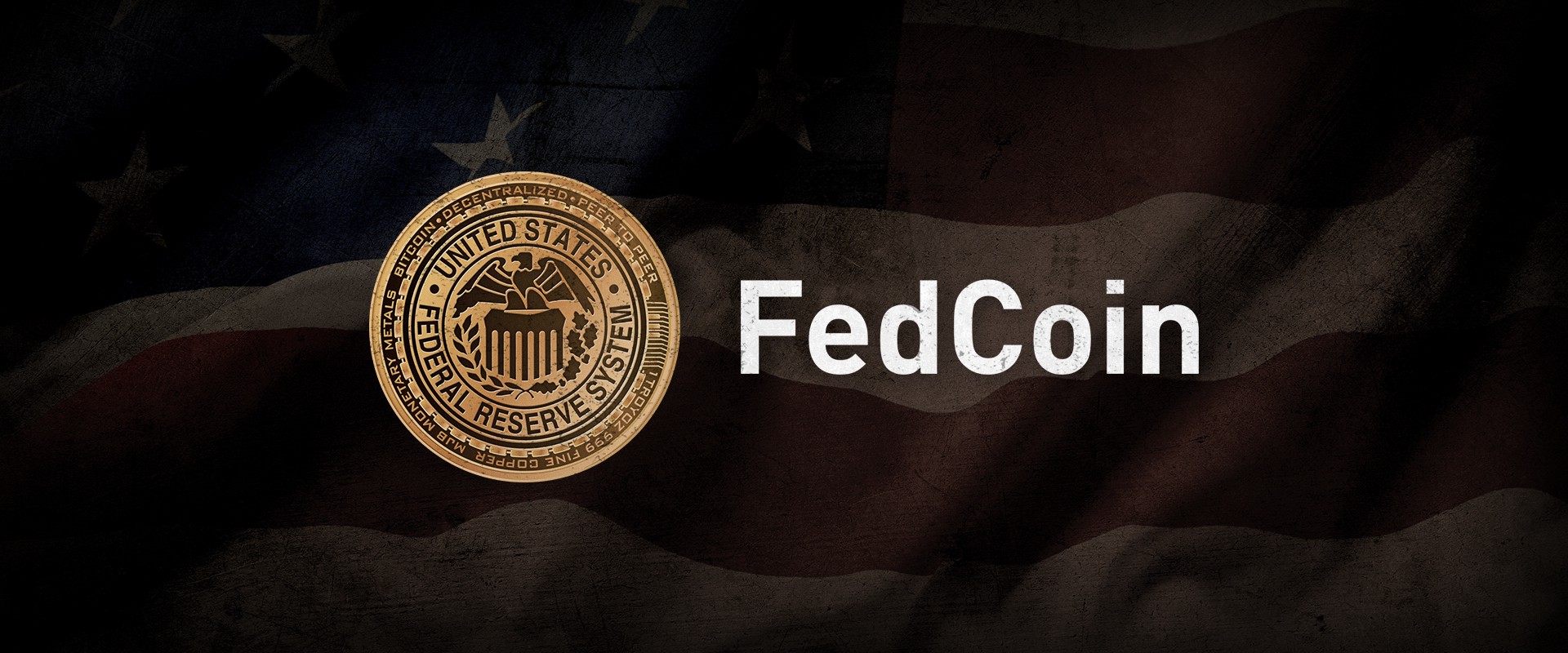PALO ALTO, Calif. (Reuters) - The Federal Reserve is looking at a broad variety of issues around digital payments and currencies, including policy, design and legal considerations around potentially releasing its own digital currency, Governor Lael Brainard said on Wednesday. Brainard's remarks suggest more openness to the possibility of a Fed-issued digital coin than in the past." By changing payments, digitalization has the possible to provide greater value and benefit at fedcoin a central bankissued cryptocurrency lower cost," Brainard said at a conference on payments at the Stanford Graduate School of Company.
Reserve banks globally are debating how to manage digital finance technology and the distributed ledger systems utilized by bitcoin, which promises near-instantaneous payment at possibly low expense. The Fed is establishing its own round-the-clock real-time payments and settlement service and is presently reviewing 200 remark letters sent late last year about the proposed service's design and scope, Brainard said.
Less than 2 years ago Brainard told a conference in San Francisco that there is "no compelling showed requirement" for such a coin. But that was before the scope of Facebook's digital currency ambitions were widely understood. Fed authorities, including Brainard, have actually raised concerns about consumer defenses and data and privacy hazards that could be positioned by a currency that could enter usage by the third of the world's population that have Facebook accounts.
" We are working together with other central banks as we advance our understanding of reserve bank digital currencies," she said. With more countries looking into issuing their own digital currencies, Brainard said, that contributes to "a set of factors to also be making certain that we are that frontier of both research and policy advancement." In the United States, Brainard said, issues that need study consist of whether a digital currency would make the payments system much safer or easier, and whether it could position monetary stability risks, consisting of the possibility of bank runs if money can be turned "with a single swipe" into the reserve bank's digital currency.
To counter the financial damage from America's unmatched nationwide lockdown, the Federal Reserve has taken extraordinary actions, including flooding the economy with dollars and investing straight in the economy. The majority of these moves got grudging approval even from lots of Fed doubters, as they saw this stimulus as needed and something only the Fed could do.

My new CEI report, "Government-Run Payment Systems Are Risky at Any Speed: The Case Versus Fedcoin and FedNow," information the dangers of the Fed's present strategies for its FedNow real-time payment system, and proposals for central bank-issued cryptocurrency that have been dubbed Fedcoin or the "digital dollar." In my report, I talk about concerns about personal privacy, data security, currency control, and crowding out private-sector competition and innovation.
Supporters of FedNow and Fedcoin say the government should produce a system for payments to deposit immediately, rather than encourage such systems in the private sector by lifting regulative barriers. However as noted in the paper, the economic sector is supplying a seemingly unlimited supply of payment technologies and digital currencies to fix the problemto the extent it is a problemof the time space between when a payment is sent out and when it is received in a checking account.
And the examples of private-sector innovation in this area are many. The Clearing House, a bank-held cooperative that has actually been routing interbank fed coin news payments in various forms for more than 150 years, has actually been clearing real-time payments since 2017. By the end of 2018 it was covering 50 percent of the deposit base in the U.S.